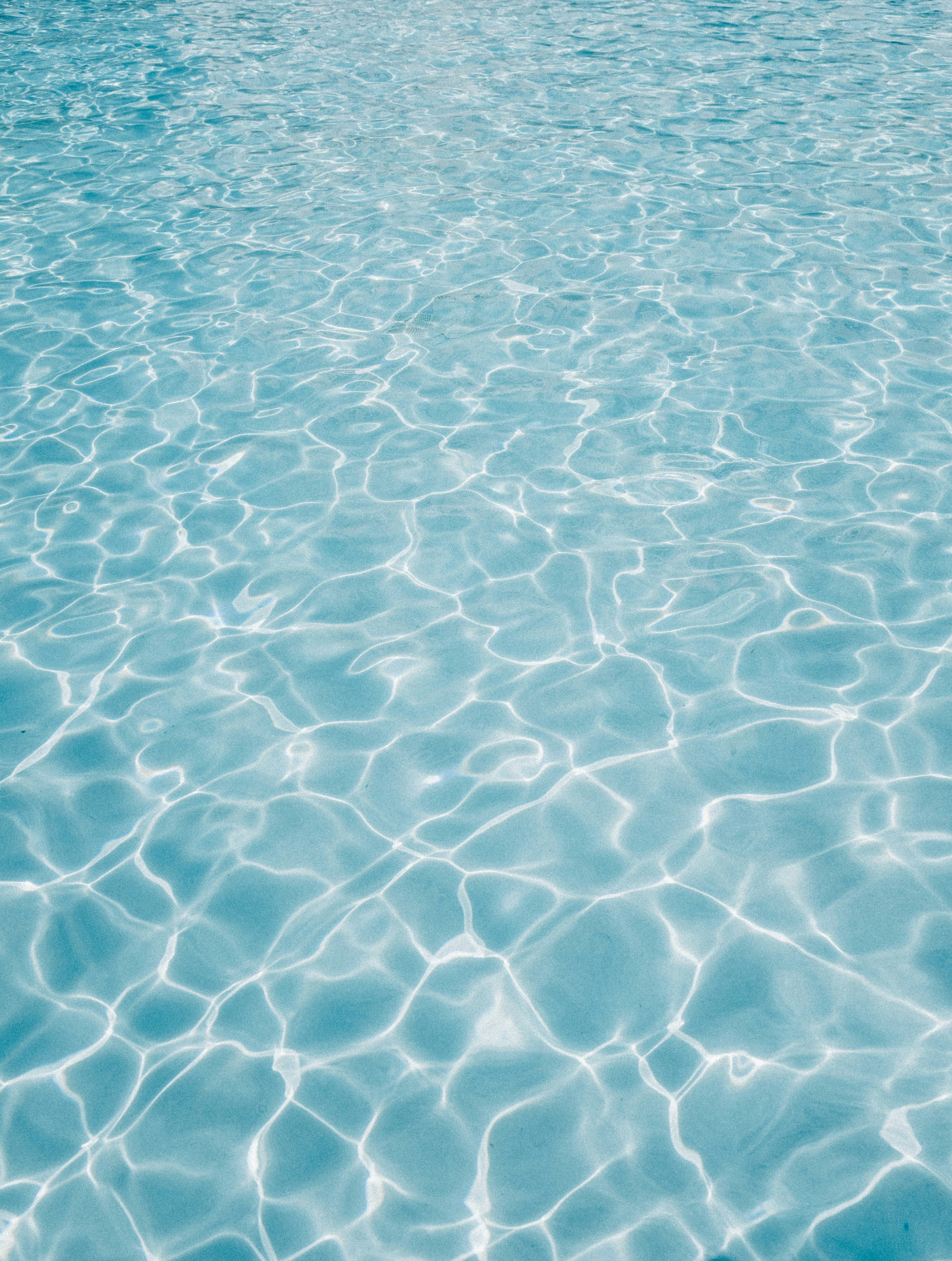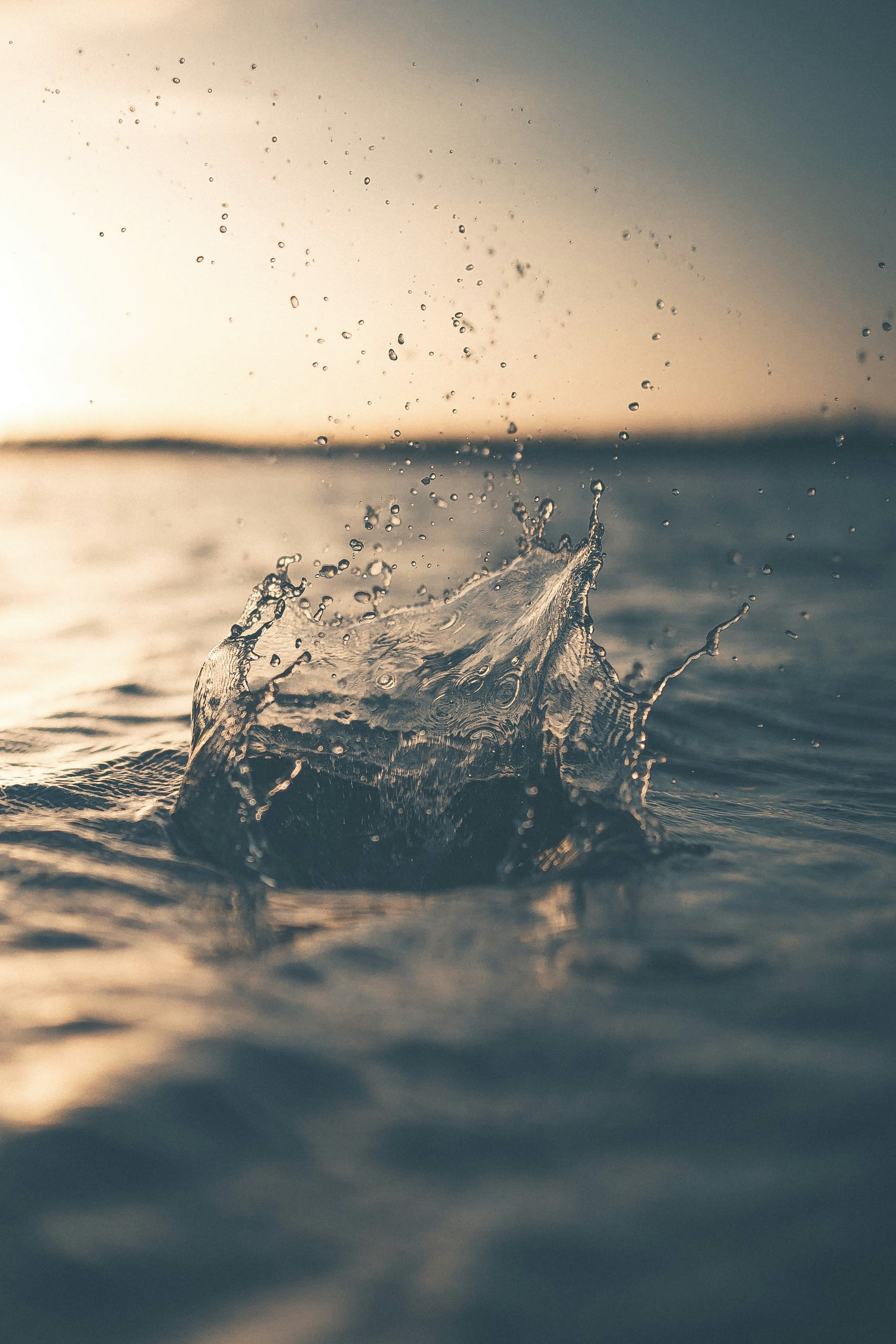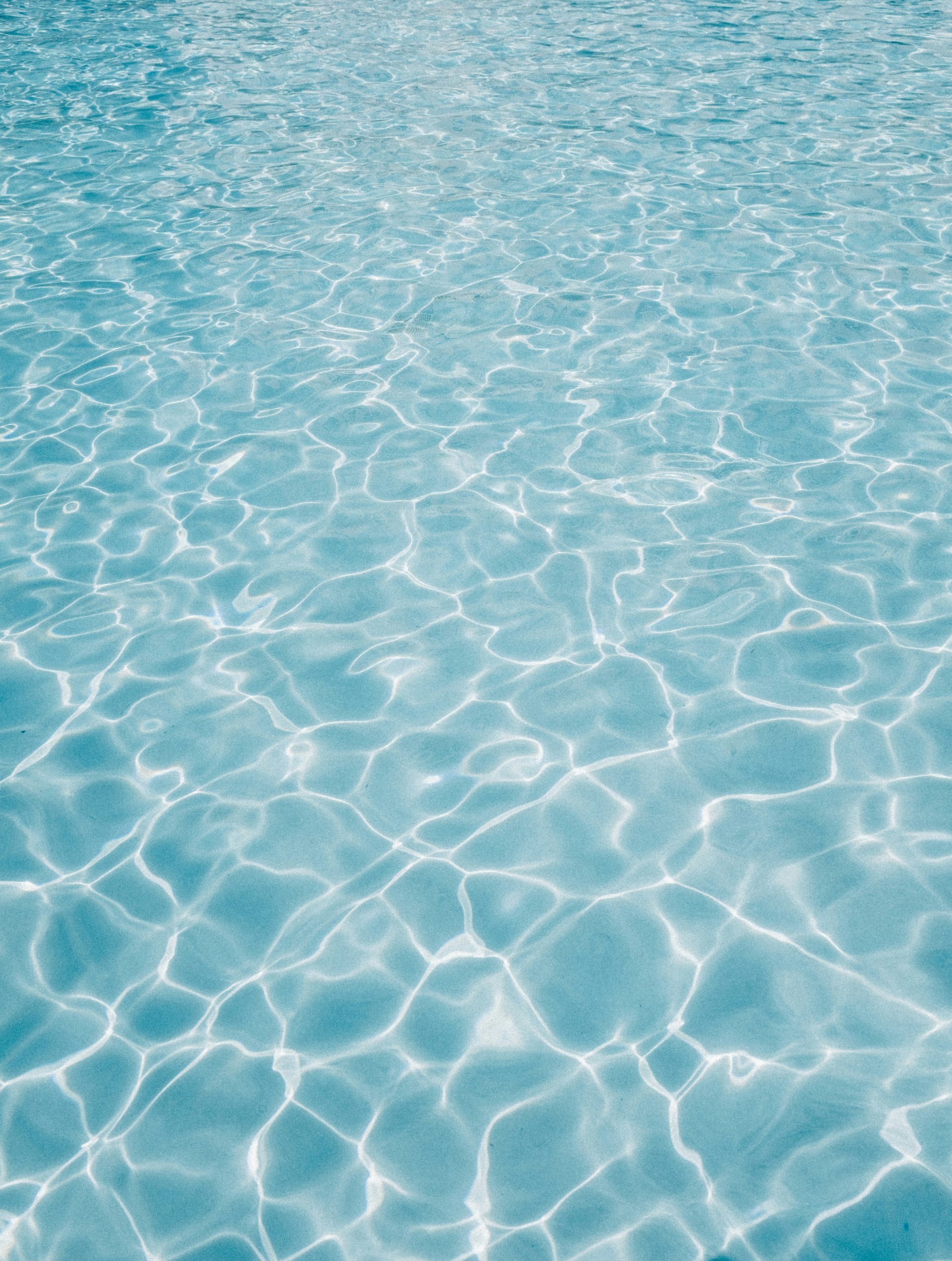What should you look for when choosing a kitchen water heater?
Introduction to kitchen water heaters
When it comes to your kitchen, hot water is essential. Whether you’re washing dishes, cooking pasta, or preparing a warm beverage, having access to reliable hot water makes all the difference. That’s where kitchen water heaters come into play. But with so many options available, how do you know which one suits your needs best? Understanding the types of heaters and what features matter most can help transform your culinary experience. Let’s dive into everything you need to consider when choosing the perfect kitchen water heater for your home!
Types of kitchen water heaters: tankless vs. traditional
When it comes to kitchen water heaters, you typically have two main types: tankless and traditional.
Traditional water heaters store a large volume of hot water in a tank. They’re reliable for households that need consistent access to heated water. However, kitchen water heater they can run out of hot water during peak usage times, which can be inconvenient.
On the other hand, tankless models heat water on demand. This means there’s no waiting around for the tank to refill. You get an endless supply of hot water as long as the unit is properly sized for your needs.
While traditional units tend to be more affordable upfront, tankless options offer significant energy savings over time due to their efficiency. Choosing between these styles depends on your household’s habits and preferences.
Factors to consider when choosing a kitchen water heater
When selecting a kitchen water heater, several key factors come into play. First, consider your household’s hot water demand. Understanding peak usage times can guide you in choosing between tankless or traditional models.
Next, evaluate energy efficiency ratings. A higher rating means lower utility bills over time, making it an essential factor for budget-conscious homeowners.
Pay attention to the installation space available in your kitchen. Different models have varying size requirements; ensuring a good fit is crucial for functionality and convenience.
Another important aspect is maintenance needs. Some heaters require regular upkeep while others are more self-sufficient. Knowing this can help you decide on the right type that aligns with your lifestyle.
Take note of safety features like automatic shut-off valves and temperature controls to protect against scalding risks and ensure peace of mind during daily use.
Energy efficiency and cost savings
Choosing a kitchen water heater that prioritizes energy efficiency can lead to significant cost savings over time. Traditional heaters often consume more energy, heating and re-heating stored water. This not only spikes your utility bills but also wastes resources.
Tankless models, on the other hand, heat water on demand. They use less energy because they only operate when you need hot water. This efficiency translates into lower monthly expenses and a reduced carbon footprint.
When evaluating options, look for ENERGY STAR certifications or similar ratings. These labels indicate that the appliance meets strict efficiency guidelines set by regulatory bodies.
Consider the long-term savings as well; an initial investment in a high-efficiency model can pay off through lower operational costs. Plus, with rising energy prices, making this choice now could safeguard your budget against future increases while keeping comfort high in your kitchen.
Size and capacity for your household’s needs
Choosing the right size and capacity for your kitchen water heater is crucial. It directly impacts your daily comfort and efficiency.
Start by assessing your household’s hot water usage. Consider how many people live in your home, along with their routines. A larger family may require a higher flow rate, especially during peak times like morning showers or dinner prep.
Tankless models provide continuous hot water but can be limited by flow rates. Traditional tank systems store a specific volume of heated water, which might become depleted if demand exceeds supply.
Evaluate what fits best into your lifestyle. If you often host gatherings or have multiple appliances running simultaneously, opt for a unit that can handle increased demand without lagging behind.
Keep future needs in mind as well; expanding families or evolving lifestyles could necessitate upgrading to a more robust system down the line.
Maintenance and longevity

Maintaining your kitchen water heater is essential for optimal performance. Regular checks can significantly extend its lifespan.
Begin with routine inspections. Look for any leaks, rust, or corrosion that could indicate underlying problems. Addressing these issues early prevents larger headaches down the line.
Flushing the tank periodically removes sediment buildup. This step helps improve efficiency and prolongs the unit’s life, especially in hard water areas.
For tankless models, cleaning filters and descaling units are crucial to prevent mineral deposits from affecting performance.
Don’t overlook manufacturer guidelines on maintenance schedules; they provide specific recommendations tailored to your model.
Consider professional servicing every few years. Experts can identify potential issues you might miss and ensure everything runs smoothly for years to come.
Safety features and warranty options
When selecting a kitchen water heater, safety features should be at the forefront of your decision-making process. Look for units equipped with automatic shut-off valves and temperature regulation systems to prevent scalding. These features help protect both you and your family.
Additionally, consider models that include leak detection technology. This can alert you before any serious damage occurs.
Warranty options are equally important. A robust warranty not only reflects manufacturer confidence but also provides peace of mind for homeowners. Check if it covers parts, labor, or both over an extended period.
Some brands offer lifetime warranties on certain components, which is a strong indicator of durability and reliability in their products. Always read the fine print to understand what’s included and any conditions that may apply.
Additional features such as temperature control and smart technology
Modern kitchen water heaters come with innovative features that enhance convenience and efficiency. Temperature control allows you to set the perfect heat level for your needs, ensuring hot water is always at your fingertips. This feature not only adds comfort but also helps avoid scalding accidents.
Smart technology takes this a step further. Many units connect to your home’s Wi-Fi, allowing remote operation through an app. You can adjust settings from anywhere, making it easy to manage energy use or prep for cooking without being in the kitchen.
Some models even offer usage tracking and alerts when maintenance is due. These additional functionalities can significantly improve your overall experience while using a kitchen water heater, providing both peace of mind and ease of use.
Installation process and cost analysis
The installation of a kitchen water heater can vary based on the type you choose. Tankless models often require specialized fittings and may need an upgraded electrical system or gas line. Traditional tank heaters typically involve replacing existing units, making them simpler for some homes.
Cost is another significant factor to consider. Professional installation fees can range from $300 to $1,500 depending on complexity and local labor rates. DIY enthusiasts might save money but should weigh potential risks against their kitchen water heater manufacturer skill level.
Permits also come into play in certain areas, which could add to your overall expenses. Always check local regulations before proceeding with any installation project. Planning ahead will help you avoid unexpected costs down the line while ensuring a smooth setup process for your new kitchen water heater.
Conclusion: finding the perfect kitchen water heater for your home

Choosing the right kitchen water heater is essential for both comfort and efficiency in your home. With the wide range of options available, it’s important to assess your specific needs. Evaluating factors such as energy efficiency, size, maintenance requirements, safety features, and any additional smart technology can help streamline your decision-making process.
Understanding whether a tankless or traditional model fits best into your lifestyle will also guide you toward making an informed choice. Take time to consider installation costs and what kind of warranty options are available to ensure peace of mind with your purchase.
With careful consideration and planning, you can find the perfect kitchen water heater that meets all of your household’s demands while enhancing convenience and reducing energy bills. Happy shopping!
